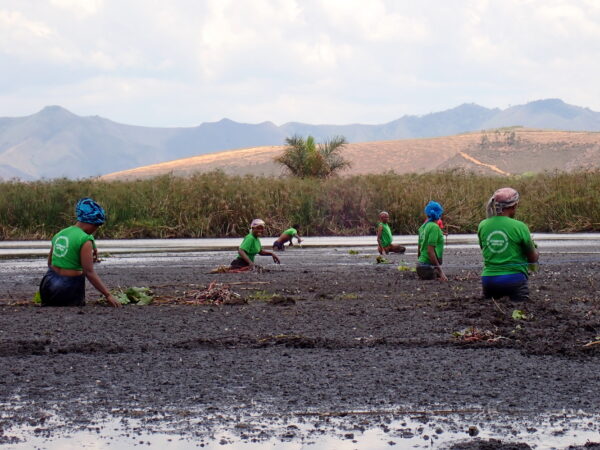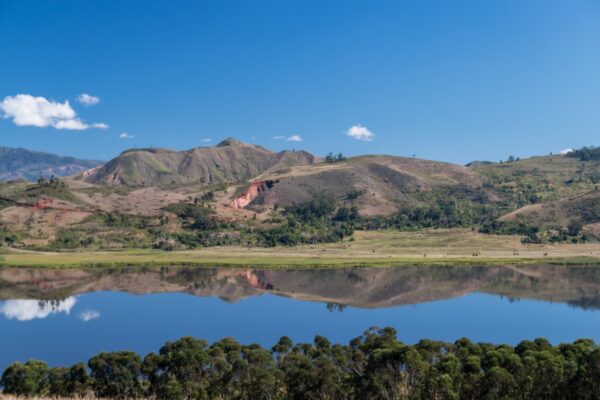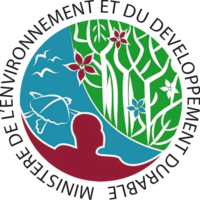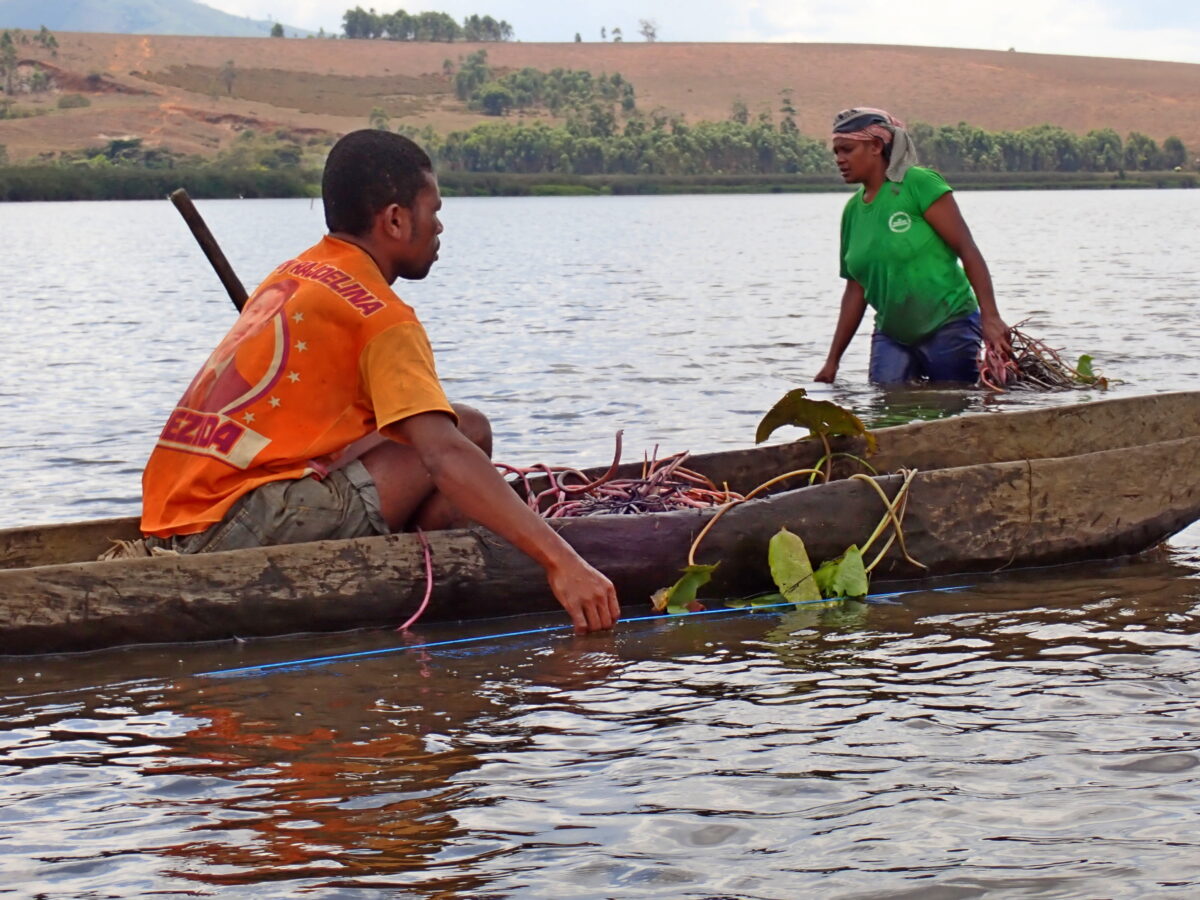JRS is proud to start 2024 by announcing support to Wildfowl & Wetlands Trust (WWT) in its work to prepare Madagascar’s first National Wetland Strategy, to address gaps in the national data and biodiversity information infrastructure for its 21 Ramsar sites. Project priorities will focus on improving knowledge in wetland sites, monitoring change and management effectiveness across sites, better documentation of threats and ensuring wetland values are considered across multiple development sectors. The project also expects to produce a range of information and knowledge products for national dissemination.


The project’s team is led by Mark Grindley and Harison Andriambelo, who lead WWT efforts to design and populate a foundational national Wetland Knowledge Base (WKB) – a geospatial platform for storage, analysis, presentation and reporting tools – that will address critical knowledge gaps for freshwater wetland management in Madagascar. For this project, WWT will partner with the Ramsar administrative authority in Madagascar, the Ministry of Environment and Sustainable Development (MEDD). MEDD is responsible for management of all natural resources except for fisheries and has a central role in delivering national objectives for nature conservation and sustainable development.
Because of Madagascar’s evolutionary isolation, it is exceptionally rich in endemic biodiversity. Scientists estimate that 90% of Madagascar’s plants and 85% of animals are found nowhere else, and most are poorly known to science. JRS is pleased to parter with WWT to advance local capacity building in establishing a national Wetland Knowledge Base critical to conserving the island’s freshwater biodiversity.

Read more about the Madagascar Wetland Knowledge Base project here.


